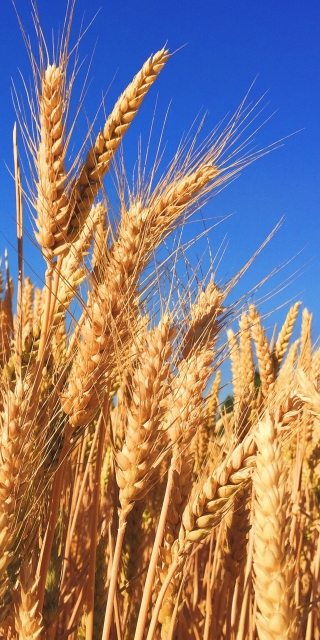|
The WoW Project
Of all grains, wheat is most widely cultivated worldwide. With over 700
million tons annually wheat is third among all cereals in total global
food production, behind maize and rice. The demand for wheat for human
consumption is also increasing globally, including in countries, which
are climatically unsuited for wheat production, due to the adoption of
western-style diets. Wheat is relatively rich in micronutrients,
including minerals and B vitamins, and supplies up to 20% of the energy
intake of the global population.
Nevertheless, a strongly increasing demand for gluten-free and
wheat-free products has developed in recent years. Apparently, social
media statements that gluten and wheat cause overweight and health
problems, as well the new ‘Free from’ consumer trend, play a major role
in this development. These developments have resulted in increased
self-diagnosis of being gluten and/or wheat intolerant and increased
belief in being intolerant, which in turn has lead to an increasing
avoidance of wheat and gluten containing foods.
The ‘Well on Wheat?' project is an international research project
addressing the health aspects wheat consumption and aspects of wheat and
gluten avoidance.
‘Well on Wheat?’ aims to obtain a full compositional picture of
selected wheat types, the flours and doughs made thereof, the breads
baked. As such, the changes in chemical composition of different wheat
species and compositional changes that may occur as a result of food
processing (milling, yeast/sourdough fermentation, baking) will be
evaluated. A detailed insight in the effects of food processing will
help make recommendations for future product development in the context
of “good food for a healthy life”. Such recommendations should be
transparent, practically relevant and industrially, thus economically
feasible.
Accordingly the cereal foods supply chain has been invited to co-share
responsibility for helping to unravel wheat and gluten related health
concerns. This has resulted in a strong public-private partnership
consortium.
Detailed
backround ►
|
